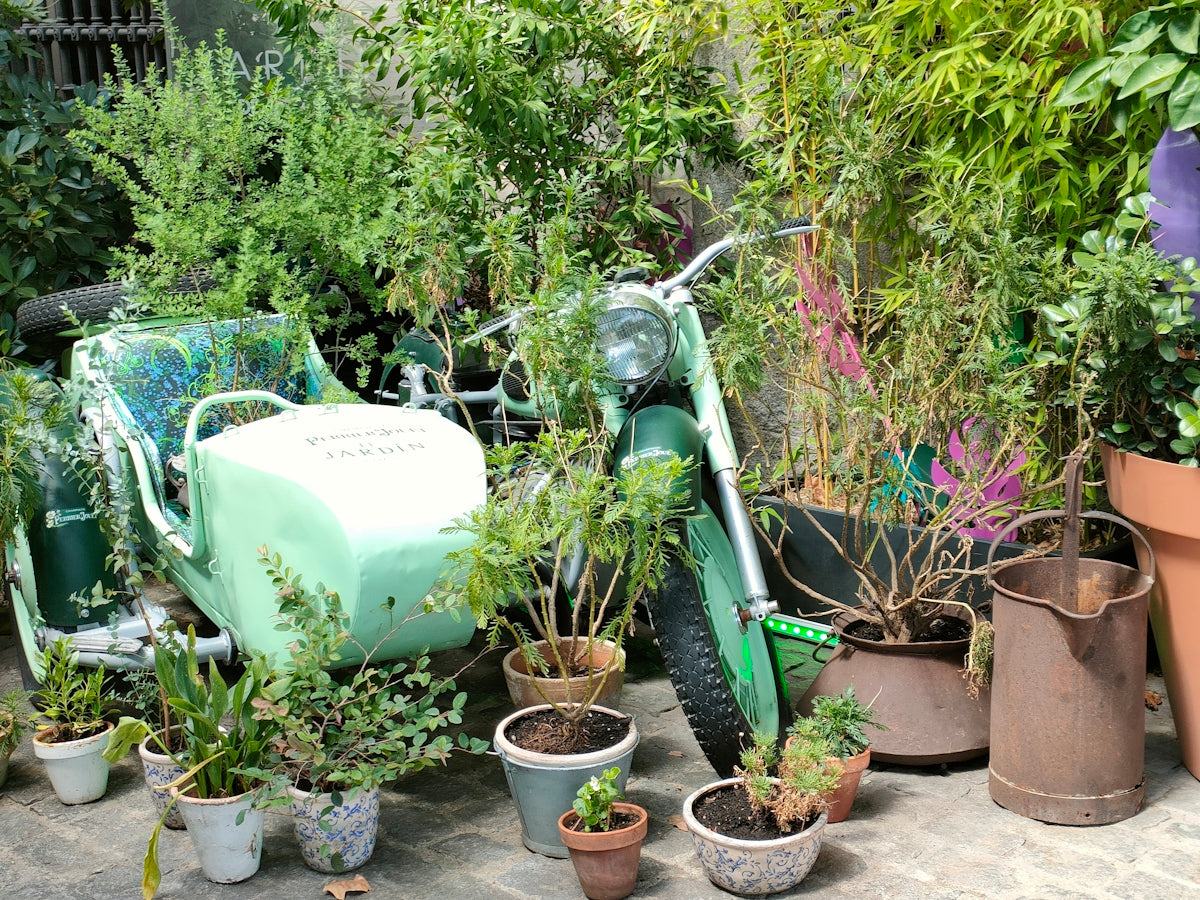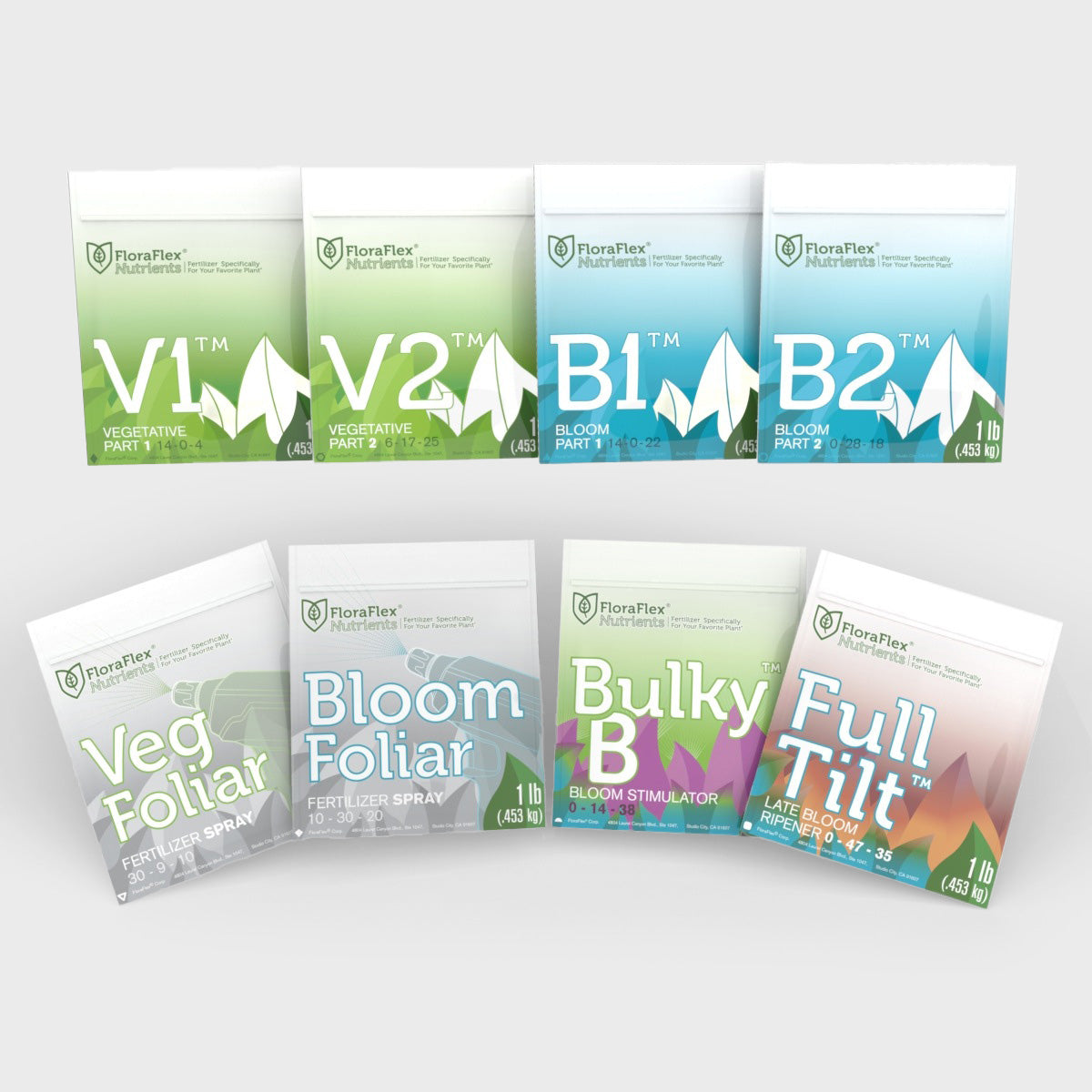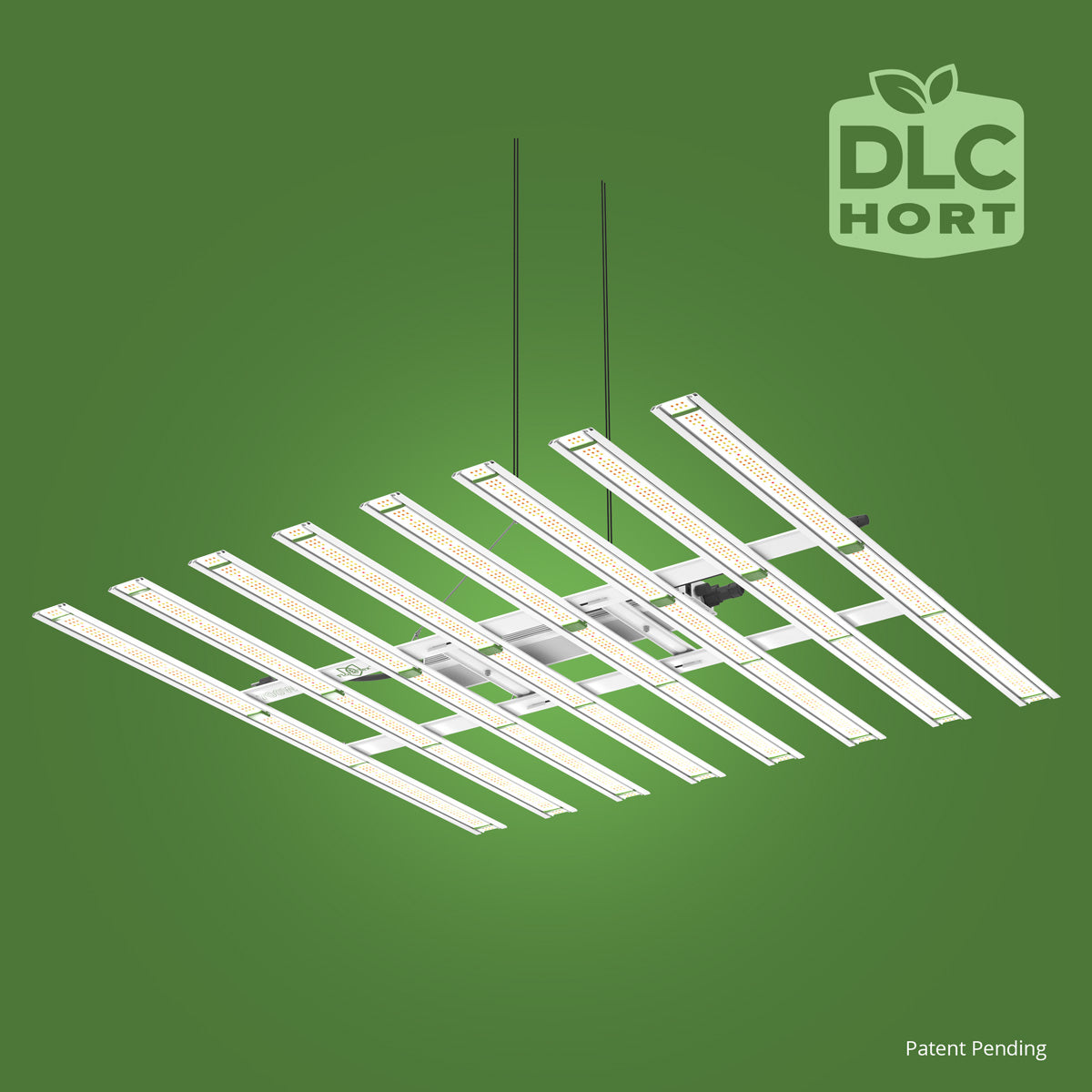Gardening enthusiasts often seek to create the perfect environment for their plants to flourish. One crucial factor that can significantly influence the health and productivity of your garden is soil pH. Understanding the science behind soil pH and how to manage it can lead to more bountiful harvests and vibrant blooms. In this post, we'll delve into what soil pH is, why it matters, and how you can keep it in check for optimal gardening results.
What Is Soil pH?
Soil pH is a measure of how acidic or alkaline your soil is, based on a scale from 0 to 14. A pH of 7 is considered neutral, while values below 7 indicate acidic soil and values above 7 indicate alkaline soil. Most plants thrive in soil with a pH between 6 and 7.5, but this can vary depending on the species.
Why Does Soil pH Matter?
Soil pH is vital because it affects nutrient availability, microbial activity, and plant health. In overly acidic or alkaline soils, essential nutrients such as nitrogen, phosphorus, and potassium become less available to plants. This can lead to poor growth, stunted plants, and even plant death.
Furthermore, certain beneficial bacteria and fungi that contribute to plant health by breaking down organic matter and fixing nitrogen also depend on specific pH levels to function efficiently.
Measuring Soil pH
Regular testing of your soil's pH is crucial to maintaining a healthy garden. DIY gardeners can utilize simple pH testing kits or meters to take accurate readings of their soil. Testing should be done periodically and especially if you notice your plants aren't thriving as expected.
Adjusting Soil pH
- Raising pH (reducing acidity): Adding lime, either as ground limestone or pelletized lime, can help raise the soil pH. It's essential to follow recommendations based on your soil test results to avoid raising the pH too much.
- Lowering pH (increasing acidity): To lower soil pH and increase acidity, materials such as sulfur or aluminum sulfate can be used. Like with lime, careful measurement based on soil tests is necessary.
Tools for Maintaining the Perfect Soil pH
To maintain your garden's soil pH effectively, regular watering and nutrient application are crucial. Consider using the 1.5L Pump Sprayer for an efficient and even distribution of water and nutrients. This tool can help ensure that any pH-altering amendments are applied uniformly, minimizing stress to your plants.
With mindful attention and the right tools, even DIY gardeners can master the science of soil pH, leading to a thriving and productive garden. Visit FloraFlex for more gardening tips and products to support your gardening journey.









